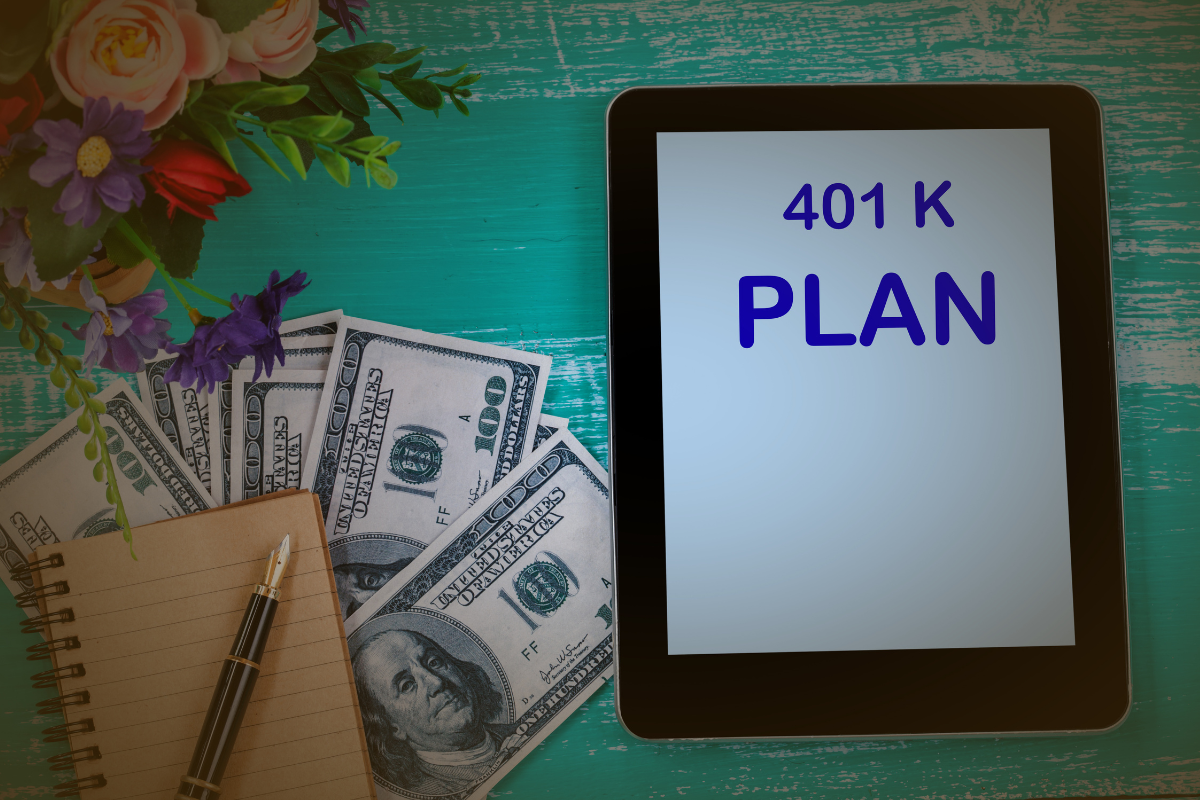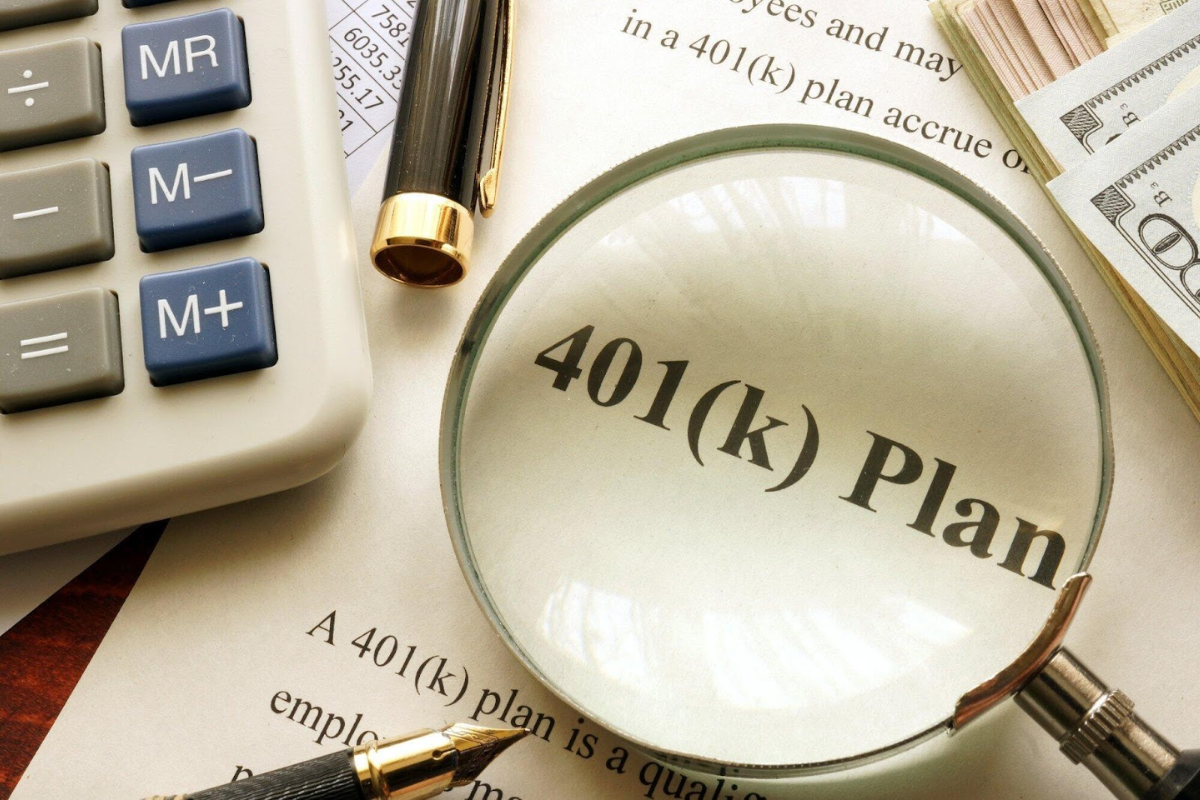With pensions going the way of the dodo, and employers slashing benefits, employees have turned to the next best thing: the 401(k). As of 2020, Americans have saved up $6.5 trillion with the help of their 401(k) plans alone.
That said, a 401(k), like anything tax-related, can seem incredibly dense and complicated. Just the baseline concept of yearly contribution limits can take a bit of effort to grasp. For these reasons and more, you need the help of a 401(k) plan administrator.
What does a 401(k) plan administrator do, and how can they help you as a 401(k) account holder? Let’s take a closer look at this position that’s so key to retirement planning.
Post Contents
What Is A 401(k) Plan?
First, let’s make sure everyone is up to speed on the concept of a 401(k). A 401(k) is a way to save for retirement via an investment account.

Think of it as a trading portfolio that focuses on smaller, long-term gains to build a nest egg you can live on once you reach retirement age.
Unlike just any old trading portfolio, a 401(k) has tax advantages. You won’t have to pay painful capital gains taxes; you’ll just pay normal taxes on the account’s sum.
At the same time, you won’t be able to take the money out early without incurring a significant penalty.
If 401(k) gives you a generous lump sum to live on in your twilight years. Importantly, it allows you to build a retirement according to your desires.
You are relying on the market rather than on a government pension that could run out before you are eligible for it.
Contribution Matching
How Does 401k Matching Work? This is the biggest benefit of a 401(k): your employer will match your contributions.
That is, for every dollar you pay, they pay one dollar. So, you could easily reach the yearly defined contribution cap and only pay half as much.
What Is A 401(k) Plan Administrator?
Think of a 401(k) plan administrator as a manager for all company-sponsored 401(k) accounts.
This can be a single person for the entire company or a team of people. Usually, companies will hire TPAs (third-party administrators) for the job.
This is different from a 401(k) plan sponsor. The plan’s sponsor is the one who sets you up with a 401(k) in the first place and pledges to match your contributions.
However, for the self-employed and for small businesses, the 401(k) plan administrator and sponsor could be the same person.
Aside from day-to-day operations, 401(k) administrators are a type of fiduciary. In Layman’s terms, they work in the best interest of the account holders.
Regardless of an employee’s reputation and status with the company, the fiduciary responsibility means the 401(k) stays in full effect.
This is a job that requires a lot of complex record-keeping of legal documents. The person must also have in-depth knowledge of retirement planning and related tax codes.
Are Administrators Necessary?
Yes. Every company-sponsored 401(k) plan must have an administrator by federal law. Think of them as a compliance officer responsible for ensuring the 401(k) meets all the many small tax requirements.
However, there is no official certification required for one to become a 401(k) plan administrator. This is why many companies contract it out or have an internal employee take care of it.
How A Plan Administrator Helps
So now we are clear on what a 401(k) plan is, and what a plan administrator does. What benefits do they provide you as an employee? Let’s take a look at a few key items.
They Give Retirement Planning Advice
We cannot stress enough how complicated the tax code is, much less a 401(k).

People have a lot of questions about how they work. A simple Google search often yields IRS links that are not easy for the average person to digest.
An administrator’s primary role is to answer questions. More than that, they help employees plan out their retirement via 401(k).
They Help You File
With a 401(k), you pay taxes upon withdrawing from the account at retirement. This means you don’t pay any taxes as you are contributing. However, you still have to report it in April.
You don’t want to mess around with the IRS, so it’s key to do this right the first time. An administrator will make sure you have the right documents to report your 401(k).
They Avoid Over or Under-Paying
The IRS has a clearly defined contribution per year, regardless of income. This is what sets a 401(k) apart from an investment account. You can’t invest as much as you want even if you have the money.
As a result, any excess contributions would be taxed as capital gains. Even though a 401(k) account won’t let you over-contribute, mix-ups in the system could lead this to happen.
A 401(k) plan administrator keeps close track and stops you from double-dipping unknowingly.
Then there is the issue of underpaying. While you can catch up at a later date, it’s a bad idea to fail to reach your yearly contribution limit by the end of the tax year.
A 401(k) plan administrator can help you make sure you are on target to reach your full yearly contribution.
They Help Former Employees
The good thing about a 401(k) is that it follows you wherever you go. If you decide to part ways with the company that sponsored it, you can take it with you.
Many fear that quitting their job deprives them of the ability to save for retirement, but this isn’t true.
An administrator helps former employees transfer their 401(k) out of the company to another sponsor. Further, they help former employees with documentation.
If you need information on your 401(k) (such as your monthly contributions), you can still return it to your previous employer and request it.
Save Up For Retirement Today
What is a 401(k) plan administrator? Think of them as the first and last person you call, as an employee, for anything regarding a company’s sponsored 401(k) account.
This is either an internal employee or a contracted tax expert who can advise you, help you file, and ensure everything remains in compliance.
Follow our blog for more great articles.






























